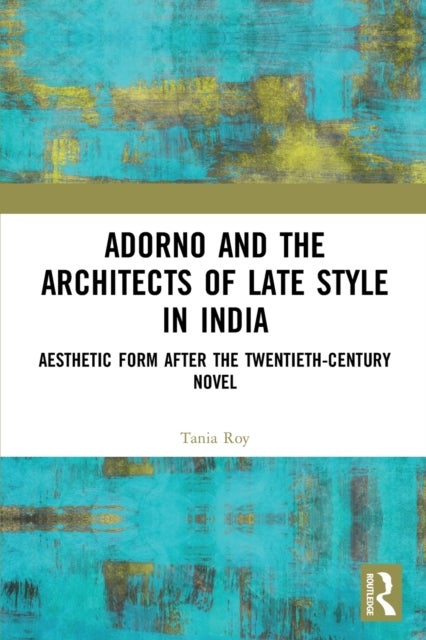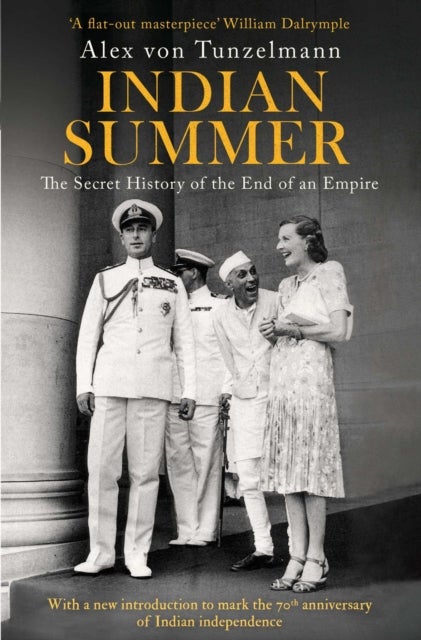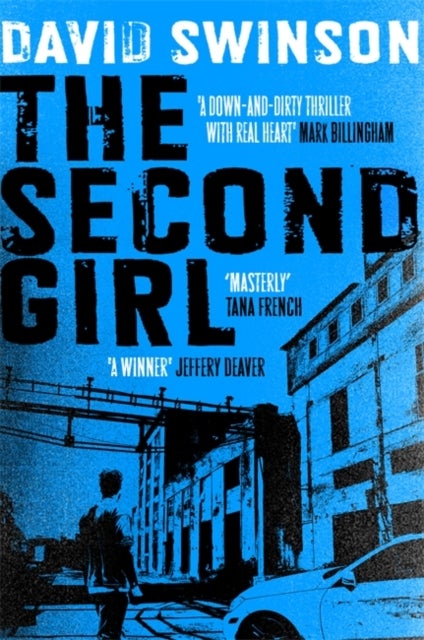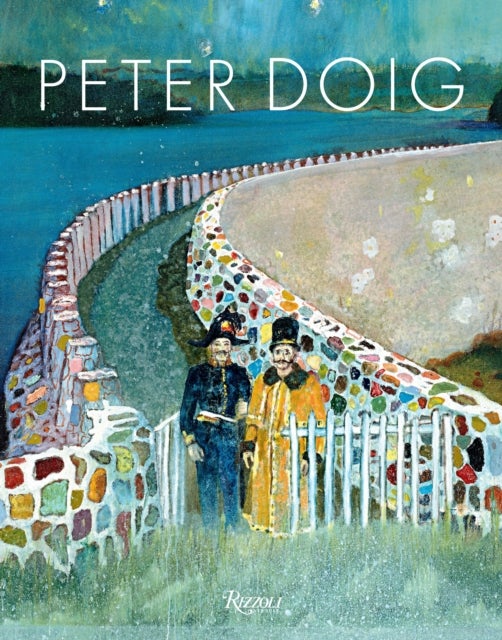
Adorno and the Architects of Late Style in India av Tania Roy
529,-
<P>In the postcolonial world, the claim to an emancipated national culture was bound to its aesthetic correlate, the unfolding time and experiments of the twentieth-century novel. Today, the constructs of both novel and a progressivist national project function, in all their closures, within global scales of economic disparity and violent exclusion. </P><P>What is the fate of a literary canon when it is no longer capable of delineating a future - or otherwise, is bound to reproduce the failures of the past within its own inscriptions? How do we experience our current "globalist" moment, when lived inequities of gender, labour and ethnicity emerge in a text''s inability to speak on time? When does artistic or literary failure become the measure of a work''s accomplishment? And what sort of liberation is envisioned by works that refuse the imperatives of "progress" and "independence" - which <I>embrace</I> the appearance of obsolescence by rejecting values of artistic freedom, originalit








